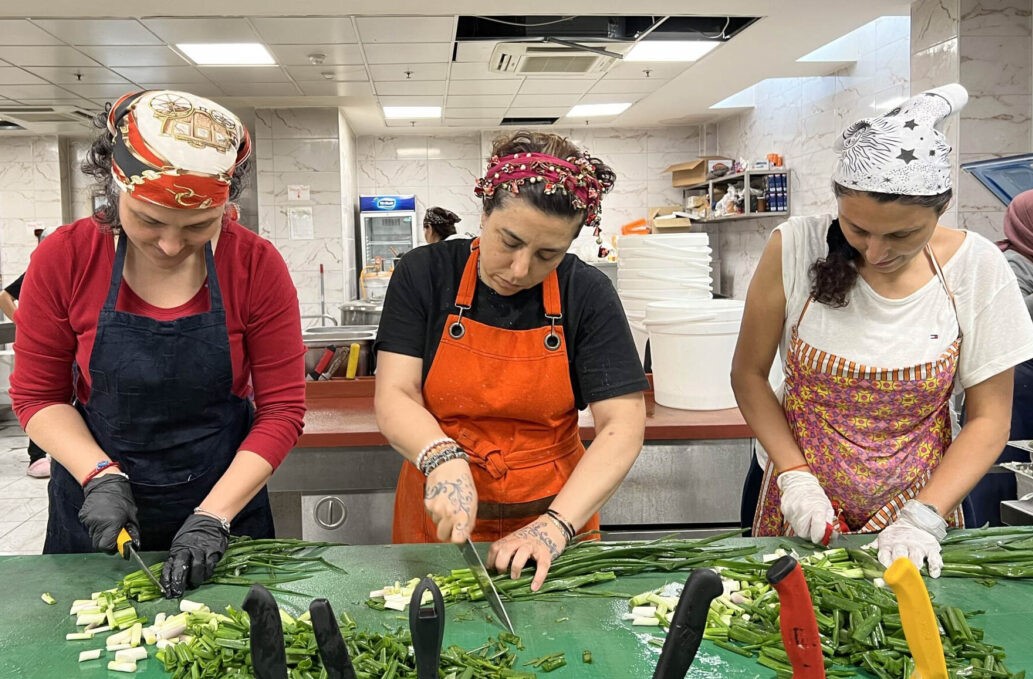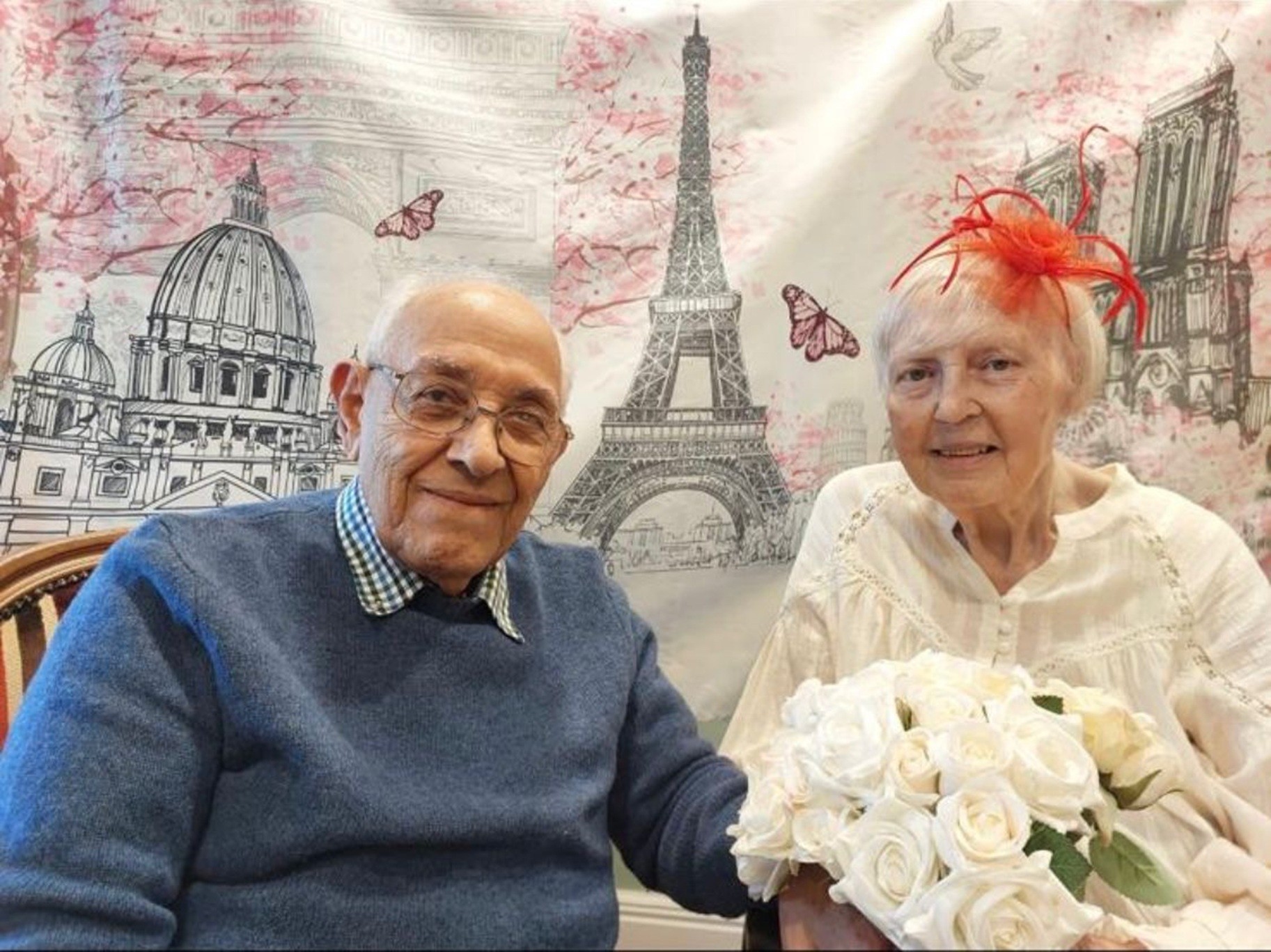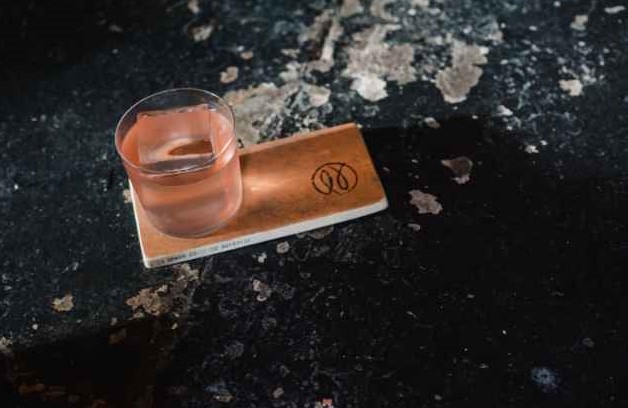When earthquakes struck Türkiye February 6, chef Ebru Baybara Demir set up kitchens that fed survivors by the thousands.
The kitchens operated out of student dorms or government buildings in Osmaniye, Kahramanmaraş, Adıyaman and İskenderun — places hard hit by the devastating earthquakes that levelled buildings and killed more than 50,000 people and displaced at least 3 million in southeastern Türkiye and northern Syria.
“I am someone who is concerned about being part of the solution, and for that purpose, I have a tool like gastronomy in my hands,” she said. People came from across Türkiye to volunteer in the Gönül Mutfağı, or soul kitchens, as Demir calls them. Volunteers included culinary students but also doctors, engineers and teachers.
They came in the spirit of imece, the Turkish tradition of “mutual aid,” and cooked in huge pots, using giant utensils to prepare thousands of meals per day. In addition to cooking, volunteers cleaned, carried ingredients and distributed food.
“Every stage, from food to logistics, proceeds on a voluntary basis,” says Demir, an alumna of the U.S. Department of State’s International Visitor Leadership Program (IVLP). She credits IVLP, which invites emerging foreign leaders in various fields to visit the United States and forge relationships with U.S. counterparts, with exposing her to best practices for her diverse ventures.
Since opening her first restaurant in the city of Mardin in southeastern Türkiye, Demir has launched social programs that preserve Turkish heritage through food and provide opportunities for refugees from the crisis in Syria that began in 2011. She employed and trained local women to cook in her first restaurant, located in a historic building, helping launch Mardin’s tourism industry, and supported sustainable agriculture through her “From Soil to Plate” project.
The project distributes food from 170 farmers around Mardin to communities across Türkiye and provides a platform for sending food to earthquake survivors. The United States has provided more than $315 million for the earthquake response, delivering food and immediate assistance to Türkiye, and supporting search and rescue and other relief efforts in Syria.
Months later, the U.S. is continuing efforts to preserve Türkiye’s historic sites. Through its Cultural Heritage Centre, the U.S. Department of State is working with international partners to prioritize rebuilding. According to an estimate by experts with international organizations, more than 60% of the 2,863 cultural heritage structures they inspected showed damage.
Demir’s soul kitchens, which are expected to reopen to serve local students in September, have drawn praise in the culinary world. In June, she received the prestigious 2023 Basque Culinary World Prize in honour of how she uses her culinary talents to tackle social challenges.
“My journey has been dedicated to initiatives that benefit individuals, the environment, and society, covering the entire food cycle from soil to plate and back again,” Demir said after winning the award.











